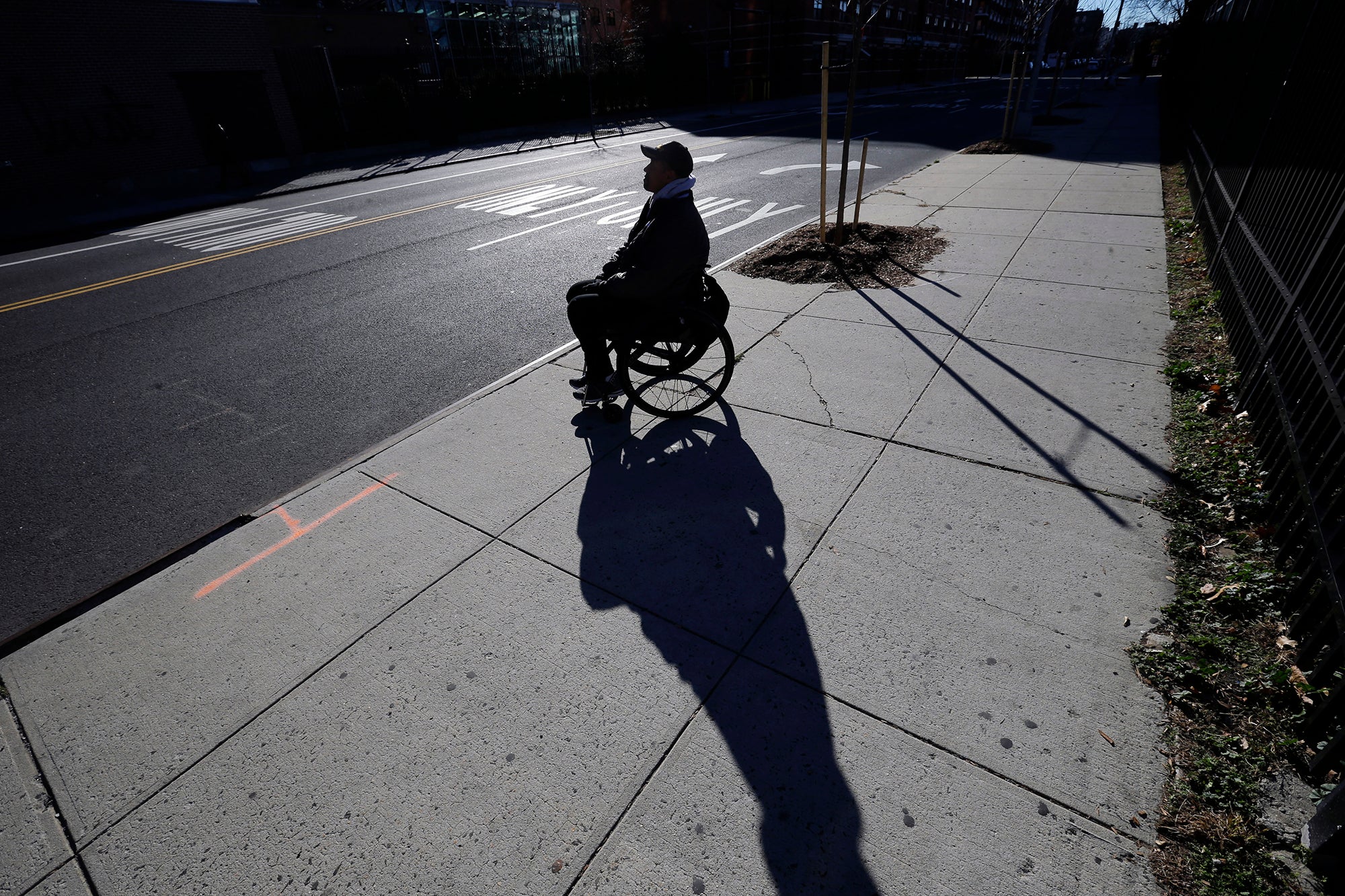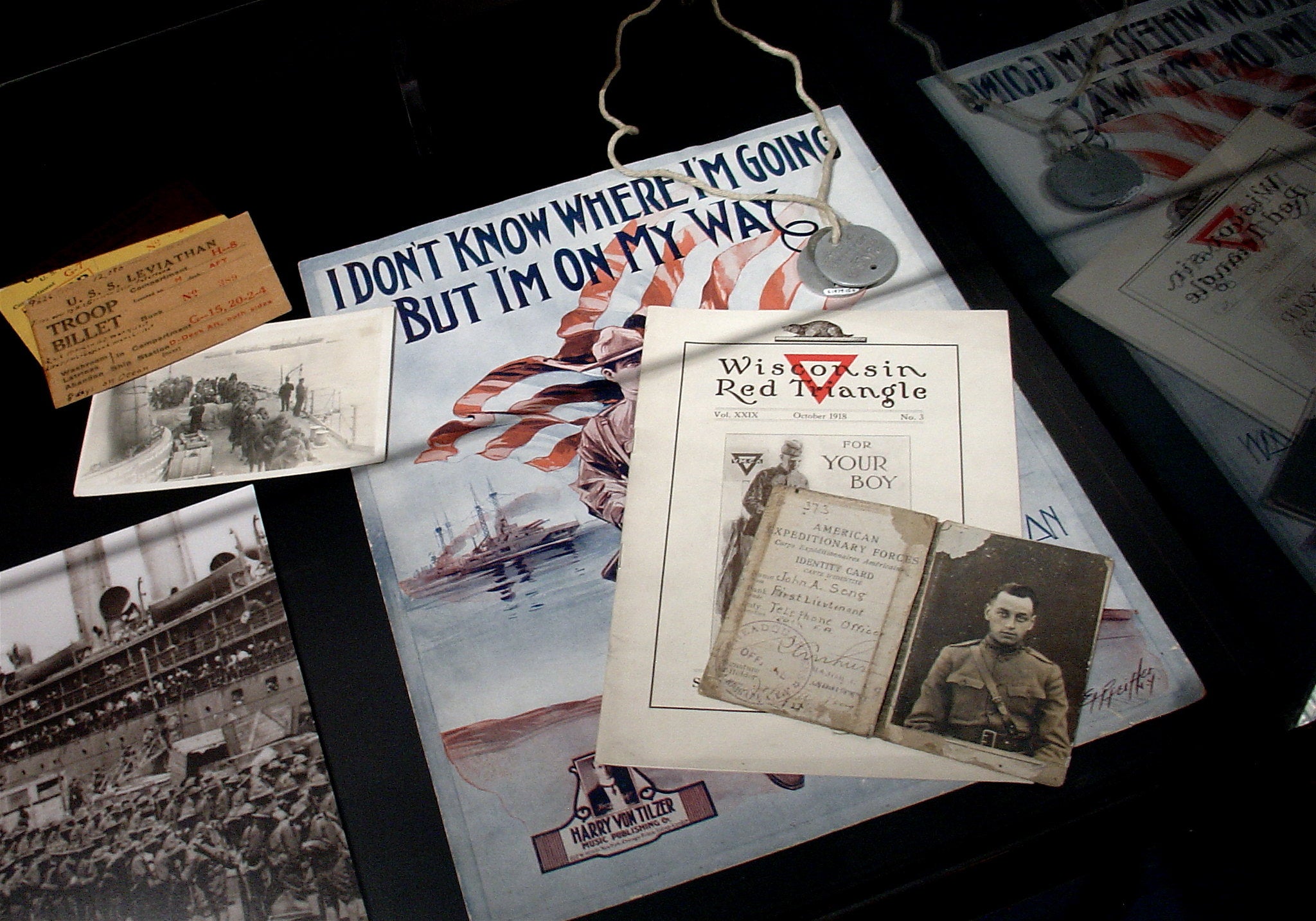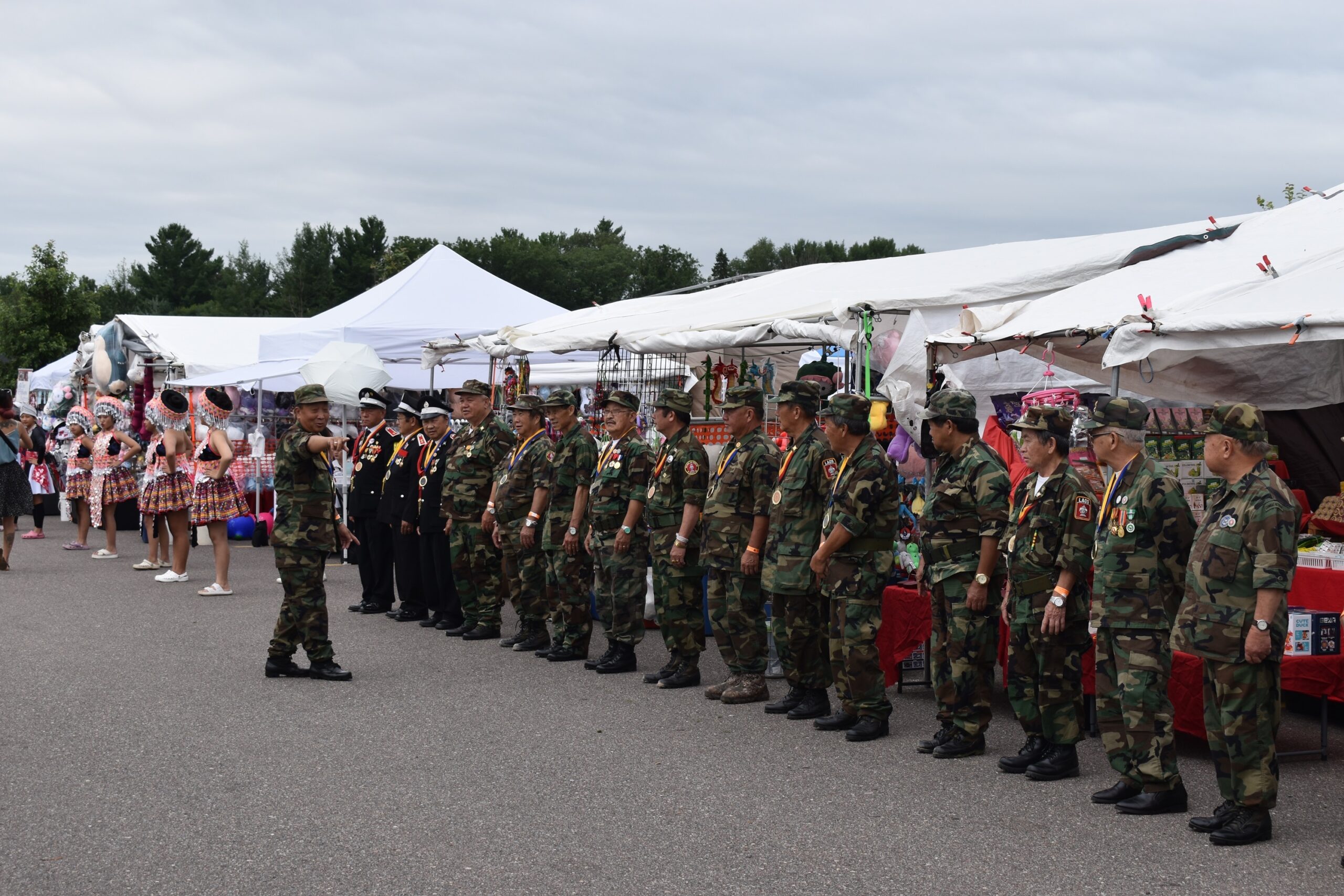When Adrian Moreno enrolled at the University of Wisconsin-La Crosse after serving in the Mississippi National Guard and Wisconsin National Guard, he felt isolated and unprepared for the transition back to life as a civilian.
“Essentially, you’re starting from ground zero,” Moreno told WPR’s “Wisconsin Today.” “All the accolades, all the positions that you had before — it seemingly doesn’t mean anything.”
The Government Accountability Office recently found that over a two-year period from April 2021 to March 2023, more than 4,300 service members considered at risk of having a challenging transition didn’t receive a personal introduction to support agencies like the Department of Veterans Affairs, or what’s called a “warm handover.”
Stay informed on the latest news
Sign up for WPR’s email newsletter.
Last month, the U.S. House of Representatives’ Committee on Veterans’ Affairs held a field hearing in La Crosse, with testimony from veterans about what kind of programs and resources would help to ease the transition.
Moreno, now a senior studying philosophy and history, testified at the hearing. In his remarks, Moreno described the difficulty of navigating campus life and academics as a first-generation student of color and a returning veteran.
“In my own experience, transitioning from military service to civilian life and academia was a process of trial and error. I found myself job hopping, trying to find a role that suited my skills and interests,” he wrote in his testimony. “This period was challenging and at times discouraging. The need I had for structured guidance and support went consistently unmet and because of that, I struggled immensely.”
Moreno also noted that veterans often don’t receive tailored support at college campuses. While there’s a lot of programming designed for incoming freshmen to help them feel welcome and ease the transition from high school, “for veterans, it’s ‘Welcome to La Crosse,’” he said.
While Moreno said it’s understandable why people assume that veterans arrive on campus with more experience navigating adult life than the average first-year student, veterans could benefit from more of a “warm handover” approach. He recommends that universities implement a full suite of programs similar to what is offered to incoming first-year students right out of high school.
Moreno’s advice to veterans going back to school is to ask questions and to lean on two traits of military life: adaptability and resilience.
“Adapt to the situation. Take advantage of opportunities. Ask questions of people around you, because you never know what someone next to you might know,” he said.

Connecting veterans with resources earlier could ease transition
Duane Honeycutt is executive director of the Milwaukee Regional Office of the U.S. Department of Veterans Affairs and an Army veteran. He spoke at the hearing about the VA’s Transition Assistance Program, or TAP, which is designed to connect veterans with benefits upon their return and help them to succeed in civilian life.
While the program has seen a lot of success, Honeycutt said there is still room for improvement. For example, it could benefit service members to learn about the ins and outs of TAP earlier in their military career so they have time to process all of the information.
“When the soon-to-be veterans are going through TAP, it’s a lot of information. It’s like they’re bombarded, they’re overwhelmed, sometimes for several days,” Honeycutt told “Wisconsin Today.” “I think we could do a better job than just (giving them all the information) right at the end, right before they get out.”
Honeycutt hopes the recent field hearing in La Crosse will provide policymakers with not only information, but personal stories to help guide decisions about how to improve TAP and other programs for service members transitioning to civilian life.
“The best thing for me was to hear from those veterans themselves that are going through or went through that transition,” Honeycutt said. “These are real stories, and they’re very individualized. Every veteran is like a fingerprint.”
Wisconsin Public Radio, © Copyright 2025, Board of Regents of the University of Wisconsin System and Wisconsin Educational Communications Board.



